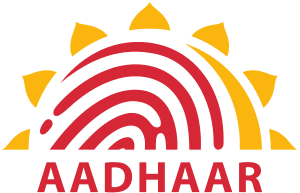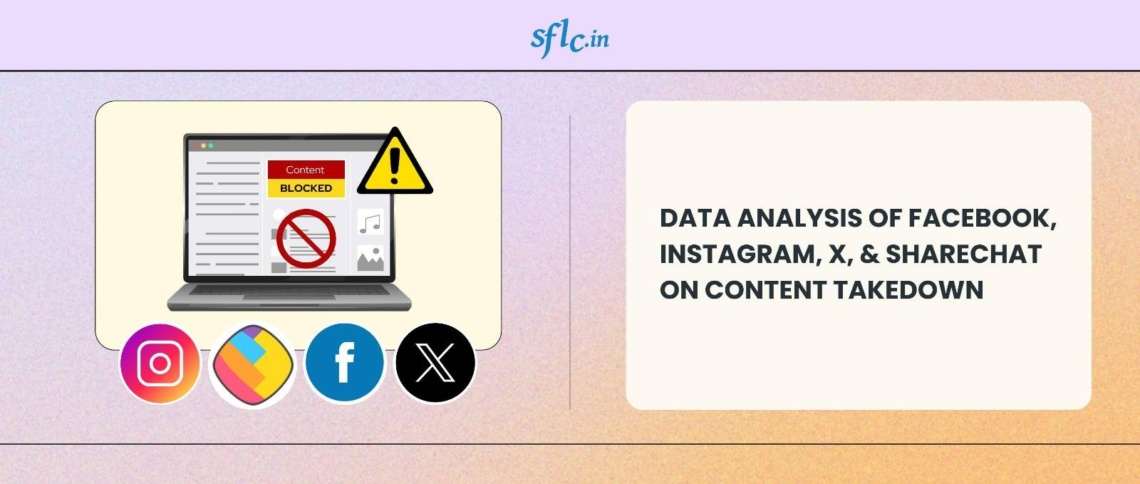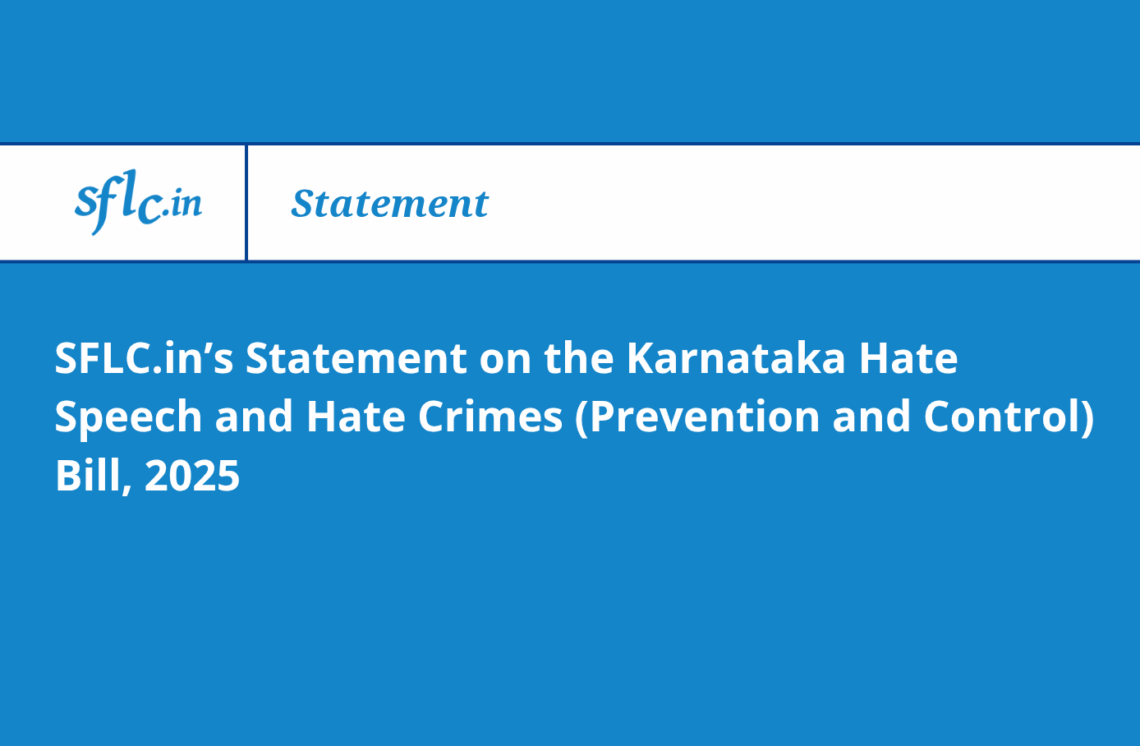The petition against notifications making Aadhaar mandatory for social welfare schemes- Shantha Sinha & Anr. v. Union of India [W.P. (C) 342/2017] was taken up in the Supreme Court today before a bench of Justices A.M. Khanwilkar and Navin Sinha for interim relief. The petitioner, represented by Sr. Advocate Mr. Shyam Divan, prayed for a stay on Government notifications that made Aadhaar mandatory for seventeen social welfare schemes including, among others, schemes for hot cooked meals, several scholarships for disabled students and students of SC, ST, OBC categories, women rescued from trafficking, bonded labourers, and relief for Bhopal gas leak victims, while the constitutionality of Aadhaar is pending final adjudication by this court. He insisted that the matter be treated as urgent as the deadline for Aadhaar enrollment to avail the benefits of these schemes is 30th June, 2017.
The Attorney-General raised preliminary objections saying that rule nisi has been issued in this petition on 9th May, 2017. He argued, that this petition is identical to another petition [S.G. Vombatkere and Anr. v. Union of India and Anr.; W.P. (C) 797/2016] in which rule was issued. Identical prayers were made in that case six months ago but no stay was granted. Moreover, he said that there are 25 such petitions now challenging various aspects of Aadhaar, which have been referred to a Constitution Bench. Whenever they applied for a modification of the order in any of these petitions, it was sent to the Constitution Bench. Therefore, the AG submitted that this application should be heard by the Constitution Bench only.
In reply to the above objections, Mr. Divan referred to the order on 9th May, 2017, which tagged the present petition with W.P. (C) 494/2012 (Justice K S Puttaswamy and Anr. v. Union of India and Ors.). He submitted that the court recorded their submission of urgency of the matter and granted them liberty to approach the Chief Justice for hearing of the interim prayers, following which a mention was made before Chief Justice. The Chief Justice directed the hearing before the vacation bench.
He further argued that the notifications, whose stay has been sought in this case, were issued in Februray, after the previous petition (S.G. Vombatkere v. Union of India) was filed. There were no notifications when the earlier petition was filed. The interim prayer was of general nature as no immediate cause of action arose then. Moreover, the previous interim applications were never listed or heard.
He prayed to the Court for a stay on the Aadhaar Act, stay on the notifications issued under Section- 7 of the Aadhaar Act, to pass an order declaring that no person shall be deprived of the benefits for want of Aadhaar, pass an order directing a nationwide campaign emphasising that Aadhaar is not mandatory.
Mr. Divan cited the orders of the Apex Court stating that Aadhaar is voluntary. He said that the entire architecture created by Aadhaar is that of a surveillance State and it allows the State to completely dominate the individual through creating extensive electronic records on their person and activities.
Mr. Divan said that he had no objections with all the interim applications being listed together but he requested that the matter be heard before 30th June as it is the last day for enrolling for Aadhaar to avail benefits of these seventeen schemes. Replying to the objection that the matter be heard by a Constitutional Bench, Mr Divan said that the earlier modification order was sent to a Constitution Bench as the Union sought the modification of the three-Judge order. However, in this case, they were only seeking a reiteration of the order.
The Attorney-General submitted that 115 crore Aadhaar cards have already been issued and the idea behind it is that these benefits should not go to a ghost (a fictional beneficiary registered to defraud). He reiterated that Aadhaar is not compulsory. The only requirement, he said, is that the beneficiaries either have Aadhaar, or have enrolled, or have applied for enrollment by 30th June. Moreover, if they are not able to enroll, they may register their request for enrollment by providing mobile numbers and few other details. The AG also questioned all the urgency, pointing out that no one who wants benefits under these schemes has approached the court despite this being a public interest litigation.
Mr. Divan, countering the above arguments, said that a person is excluded from the benefits of these schemes unless he has Aadhaar or has applied for it. As per the proviso, till Aadhaar is assigned, a beneficiary will have to show either an enrolment slip or furnish their request for enrollment. Thus, in order to avail benefits under these schemes, either one has to be enrolled or one has to apply to be enrolled, effectively making Aadhaar mandatory.
The Bench deferred the hearing to 27th June, 2017. It directed the respondents to file counter affidavit opposing the grant of interim relief within three weeks and the petitioner to file the rejoinder within one week.




